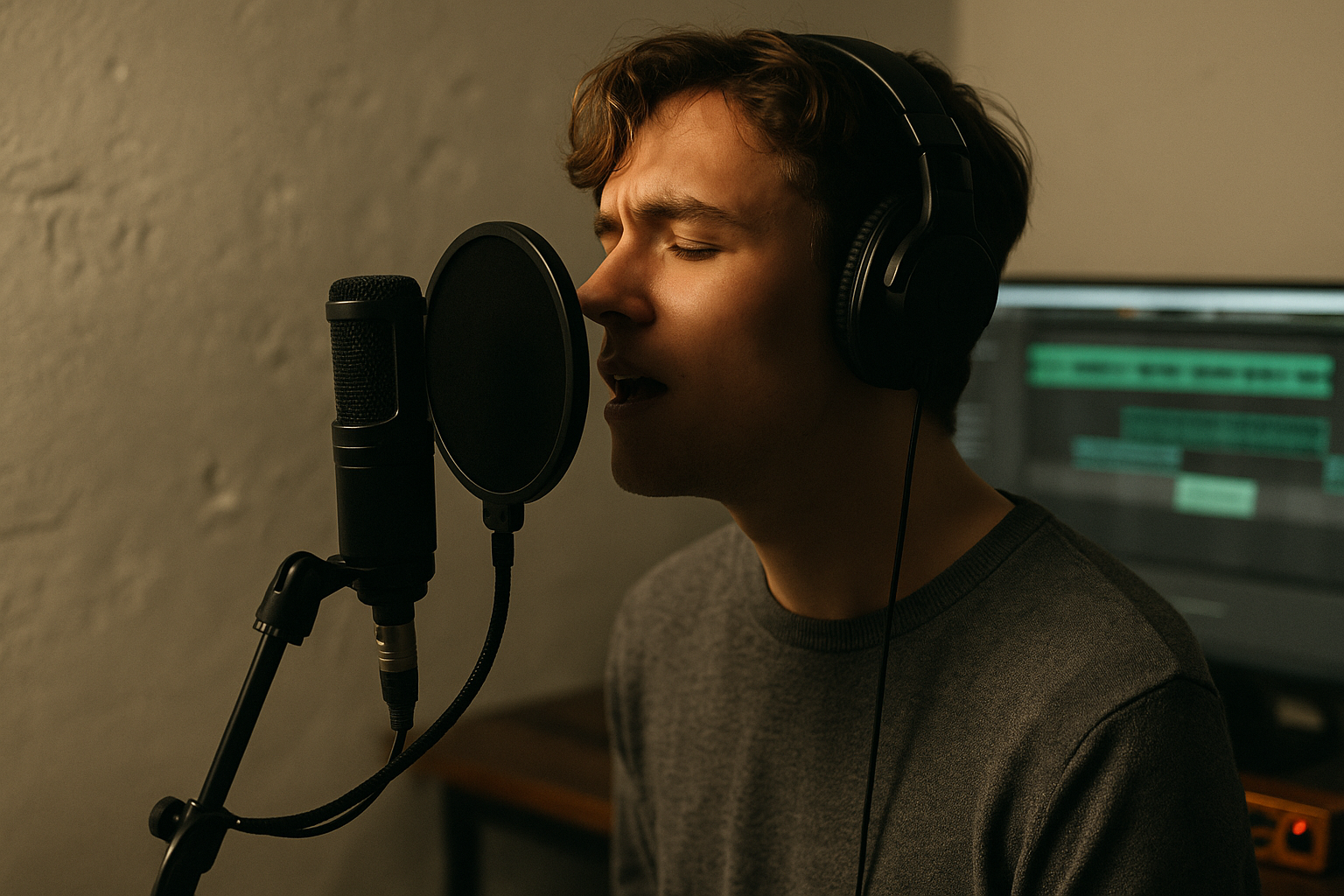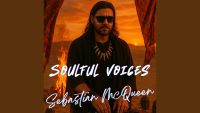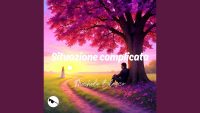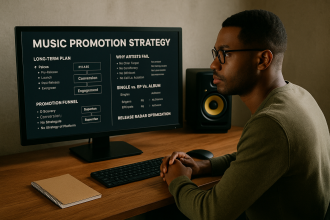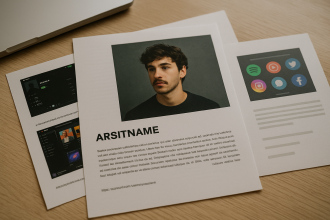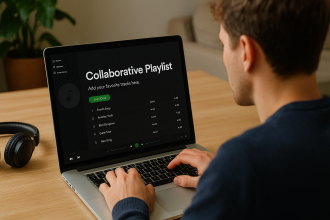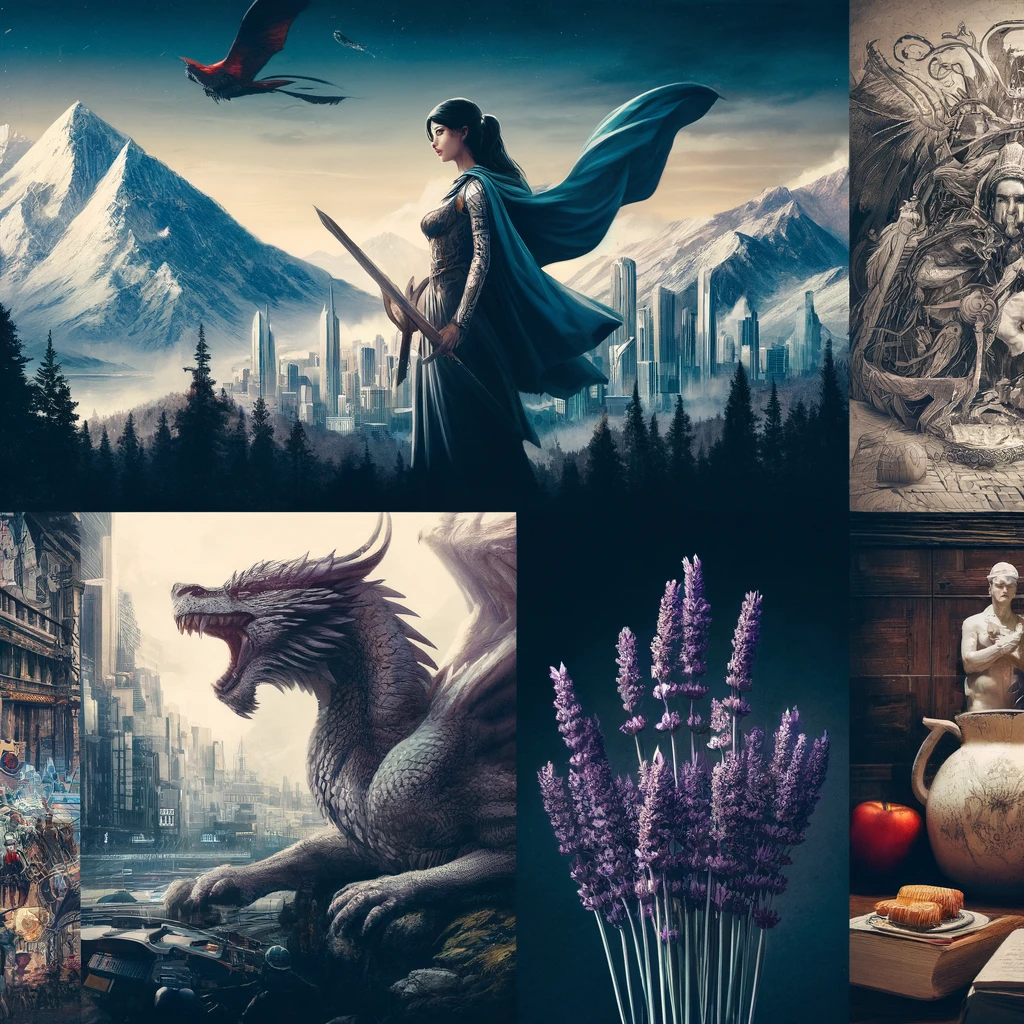In a world where musical trends come and go at lightning speed, originality has become an essential quality for any artist aspiring to stand out. Following in the footsteps of others might seem like a safe path to success, but it’s often authenticity and innovation that truly captivate audiences. Here’s why it’s crucial to be original and not just copy other artists if you hope to achieve success in music.
1. Authenticity Resonates with the Audience
Today’s music lovers are not just looking for another catchy hook—they’re craving realness. Authenticity is what builds emotional bridges between artist and audience. When you pour your truth into your music, people feel it. That emotional sincerity fosters loyalty and genuine connection.
Take Billie Eilish or Kendrick Lamar—two artists who didn’t conform to mainstream templates but instead embraced their individuality. That choice to stay true to themselves helped them carve out massive, dedicated fanbases. Authenticity isn’t a trend—it’s a magnet.
2. Innovation Attracts Attention
With millions of tracks uploaded every month, how do you get noticed? Innovation is your spotlight.
Pioneers like Björk or Radiohead became household names not by playing it safe, but by breaking musical rules. Experimental production, unique vocal styles, genre-bending compositions—all of these mark you as a trailblazer in an overcrowded scene.
If your music offers something listeners haven’t heard before, you instantly stand out. And standing out is the first step toward lasting recognition.
3. Longevity in a Fleeting Industry
Trends are disposable. Originality is durable.
Copying what’s popular today might give you a brief taste of attention, but it rarely builds a career. One-hit wonders are often forgotten once the trend dies. Original artists, on the other hand, create timeless music that transcends generations.
David Bowie, Prince, Nina Simone—these icons didn’t chase the market; they defined it. Their legacy proves that originality isn’t just a stylistic choice—it’s a survival strategy in the music industry.
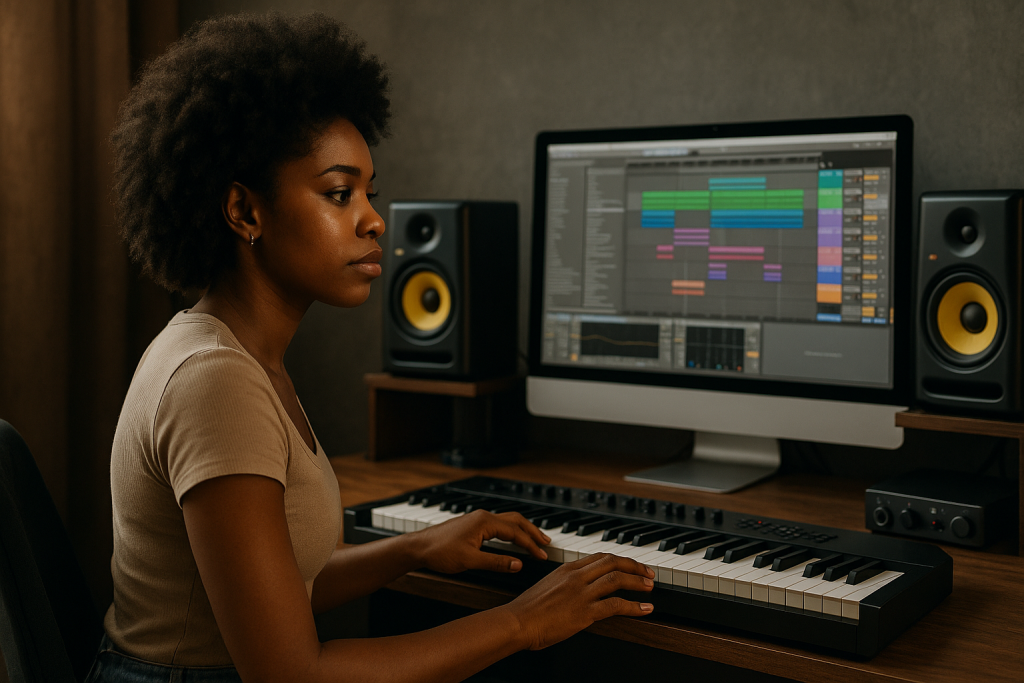
4. Personal and Artistic Fulfillment
Originality isn’t only good for business—it’s essential for your own creative well-being.
Writing and producing music that truly reflects who you are is a deeply fulfilling experience. It challenges you to dig into your identity, your emotions, and your values. That journey not only enhances your craft but reinforces your connection to the art itself.
At the end of the day, what’s more satisfying: being a carbon copy of someone else, or being the first version of you?
5. Avoiding Inevitable Comparisons
When you imitate other artists, comparisons are inevitable—and they’re rarely flattering.
Being labeled as “the next X” limits your artistic identity. It can stifle your growth, undermine your credibility, and erode your confidence. But when you develop your own sound, you escape the shadow of comparison and begin to forge a reputation based on your own merits.
Originality gives you the power to define your own narrative, rather than living in someone else’s.
Conclusion: Be the Original in a World Full of Copies
If you want to build a lasting and meaningful career in music, originality isn’t optional—it’s essential. It’s what connects you to your audience, separates you from the noise, and fuels your evolution as an artist.
So take risks. Ignore the formulas. Break the mold. Because the most unforgettable artists are never the ones who followed—they’re the ones who dared to lead.
✅ Read more on music promotion and artist growth at audiartist.com
🎧 Want to submit your music for playlist consideration? Click here
![]()

